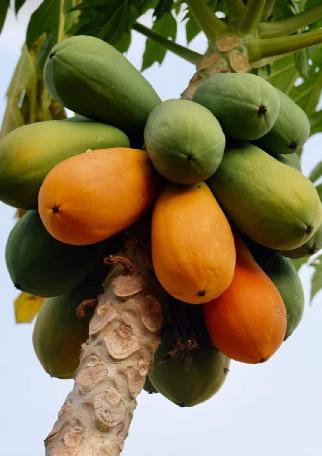
Ugo Global Integrated Farms
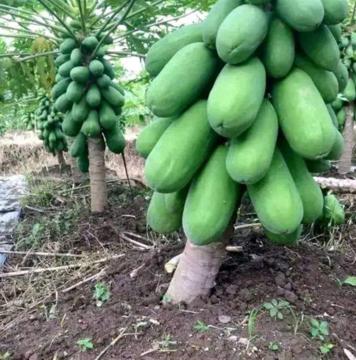
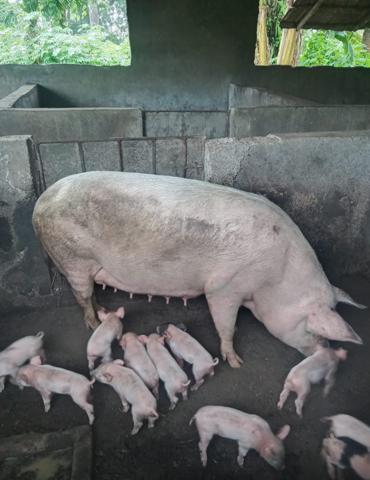
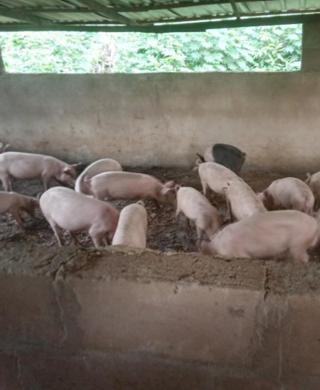
What is the Importance of Agriculture to Nigeria?
Provision of Food for Humans and Animals
Agriculture is the main food source for humans and animals in Nigeria and worldwide. It provides various foods such as grains, fruits, vegetables, meat, dairy products, and fish. This helps to ensure that the population has access to a balanced diet and adequate nutrition. It also provides animal feed for livestock production, which is essential for the country's economic growth.
Without agriculture, the survival rate for humans and animals would be diminished. Before the advent of agriculture, humans were nomadic and relied on hunting and gathering for sustenance. But with the development of agriculture, humans could settle in one place, form communities, and build civilizations.
Nowadays, agriculture remains critical for feeding the world's growing population. It provides the necessities of life, including food, clothing, and shelter, and plays a vital role in global economies.
If agriculture were to fail, the consequences would be catastrophic, leading to widespread famine, disease, and societal collapse. That's why it's important to ensure that agriculture continues to be sustainable and efficient.
In Ugo Global Integrated Farms, we major in the production of Catfish, Pigs and Poultry.

Why catfish farming
Catfish is one of the most enjoyable varieties of fish for Nigerians. This is because of its high nutrition rate and the different styles that it can be enjoyed, of which the most popular is catfish pepper soup and barbeque fish.
Catfish can be rated as one of the most popular fish because it is found all over Nigeria. It is enjoyed by almost all the tribe, able to resist harsh environmental conditions, commands good taste, and of course, good profit also.
Apart from the catfish itself, there are other products that can be made from catfish to increase value, this include: catfish oil, catfish soap, catfish body cream and other businesses that can be done alongside catfish business.

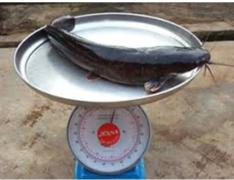
Fish is a major source of protein to the human body, and also provides 40% of the dietary intake of animal protein. Because fish and fish produce constitute more than 60% of the total protein of the average Nigerian, it is an excellent source of sulphur and essential amino acids such as lysine, leucine, valine, and arginine. It is also suitable for supplementing diet of high carbohydrates content.
A major source of thiamine as well as an extremely rich source of Omega-3 polysaturated fatty acids, fat soluble vitamins (A, D and E) and water-soluble vitamins (B complex) and minerals (Calcium, phosphorus, iron, Iodine, and selenium). It also has a high content of polyunsaturated (omega iii) fatty acids, which are important for reducing blood cholesterol level and high blood pressure. It also reduces the risk of sudden death, lowers the risk of age-related muscular degeneration and vision impairment, and decrease the risk of bowel cancer. Others include:
- The profit margin of fish will always be high as it sells very well in Nigeria restaurant, eateries, Night bars, and for home use. They are various uses of fish; hence, there is steady demand of fish.
- Fish when given appropriate feeding grows very fast so the period of return on investment (ROI) is short.
- You can set up fish farming anywhere. It does not cause any environment hazard. Unlike most other farming practice, you can setup a catfish farm in residential and commercial areas as long as there is space.
- Catfish farming is easy to farm in warm climate like Africa. ∙ Catfish feeds on carnivorous farming like insect, worms and fish feed. ∙ The female catfish lay between 10–90 eggs at a time and hatch them within a week.